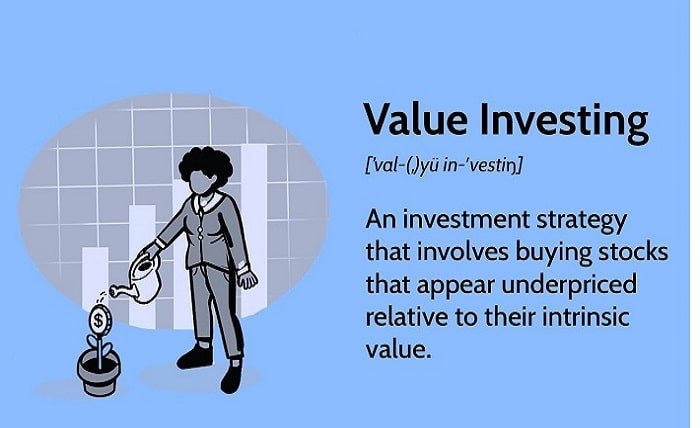Layers of Investing: A Comprehensive Guide

Investing is an essential strategy for anyone looking to grow their wealth over time. From buying stocks to funding a startup, investing can take various forms, each with its own set of opportunities and risks. This guide dives deep into what it means to invest, exploring various types, strategies, benefits, and pitfalls.
Investment
Investing involves allocating resources, usually money, with the expectation of generating an income or profit. You can invest in assets like stocks, bonds, real estate, or even a business, hoping that over time, these assets will generate returns. The goal is to ensure that tomorrow’s potential is greater than today’s investment.
Why Invest: The Importance of Growing Your Wealth
Why should you invest? Simply put, to outpace inflation, achieve financial goals, and build wealth. Over time, the money saved loses value due to inflation. By investing wisely, you’re not just preserving your purchasing power; you’re increasing it, which is crucial for long-term financial health.
Types of Investments: Exploring the Options
There are several types of investments to consider. Each type comes with different levels of risk and potential returns:
- Stocks: You buy a share of a company.
- Bonds: You loan money to an entity.
- Mutual Funds: You invest in a portfolio of assets.
- Real Estate: You invest in property. Understanding these options is key to determining which investment path suits you best.
Investment Strategies: How to Approach Your Investment
Your investment strategy should align with your financial goals, risk tolerance, and investment horizon. Some popular strategies include:
- Long-term investing: Focusing on assets that grow over years.
- Short-term trading: Capitalizing on quick market shifts.
- Diversification: Spreading your investments to manage risk. Adapting the right strategies can enhance your ability to see substantial returns on your investments.
Risk and Returns: Managing the Trade-offs
Every investment carries some risk. The general rule is: the higher the potential return, the higher the risk. Understanding and managing these risks is crucial. Techniques like diversification, asset allocation, and regular portfolio reviews can help mitigate risk while aiming for optimal returns.
Economic Indicators and Their Influence on Investments
Economic indicators like GDP growth, unemployment rates, and inflation have profound effects on investment performance. For instance, high inflation can erode investment returns. Being aware of these indicators can guide you in making more informed investment decisions.
Technological Advances and Investment Opportunities
The rise of fintech has made investing more accessible. Robo-advisors, online trading platforms, and blockchain technology are reshaping how people invest. Staying updated with technology can offer you new avenues for investment and ways to manage your portfolio more effectively.
The Psychological Aspect of Investing
Investing isn’t just about numbers and strategies; it’s also about understanding the psychological elements, such as fear and greed, that influence investor behavior. Mastering your emotions can lead to more rational decision-making and improved investment outcomes.
The Global Perspective on Investing
In today’s interconnected world, global events can impact local markets. Diversifying your investment portfolio geographically can reduce risk and provide access to growth opportunities in emerging markets. Understanding global trends is becoming increasingly important for investors.
Investing for the Future: Sustainable and Ethical Investing
More investors are considering the impact of their investments on the world. Sustainable investing involves investing in companies that contribute to an equitable, sustainable world, considering environmental, social, and governance (ESG) criteria.
Conclusion
Investing is a vital part of financial planning that helps you achieve your financial goals, build wealth, and secure your future. By understanding the different types of investments, strategies, and risks, and staying informed about economic and technological trends, you can make smarter investment decisions that align with your personal and financial aspirations.
FAQs
Q1: What is the safest investment? A1: Generally, government bonds or high-grade corporate bonds are considered safe investments.
Q2: Can investing make you rich? A2: Yes, investing can potentially lead to wealth accumulation, especially if done consistently and strategically over a long period.
Q3: How much money do I need to start investing? A3: You can start with as little as a few dollars, especially with modern investment platforms that offer fractional shares and no minimum portfolios.
Q4: Is it better to invest in real estate or stocks? A4: It depends on your financial goals, risk tolerance, and investment strategy. Both have their benefits and risks.
Q5: How do I start investing? A5: Begin by defining your financial goals, understanding your risk tolerance, and learning about different investment options. Many choose to consult with a financial advisor to get started.





